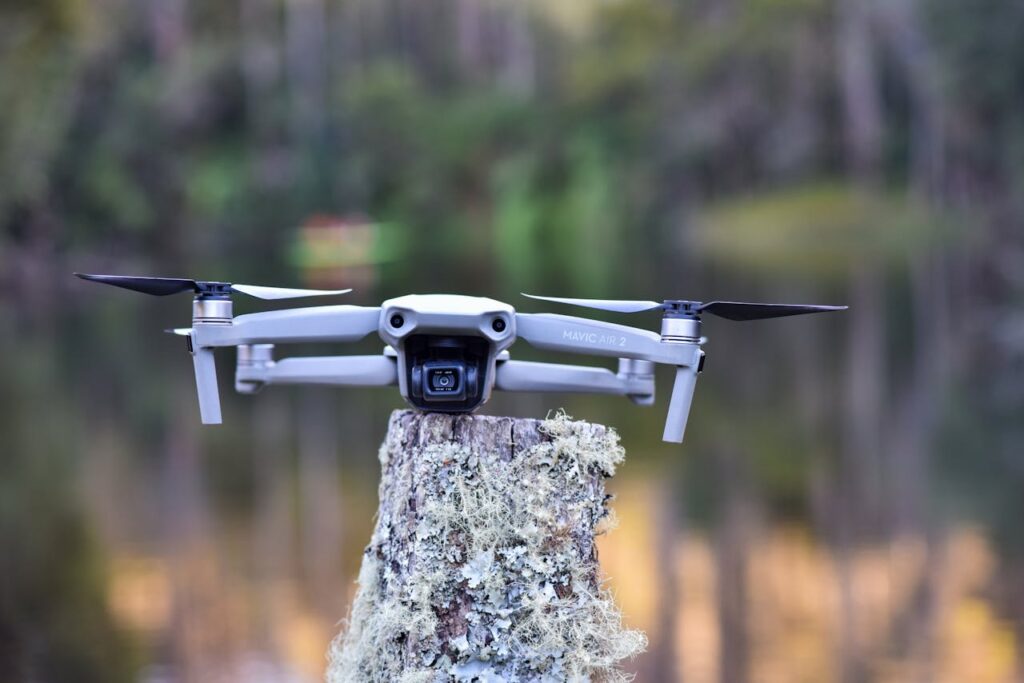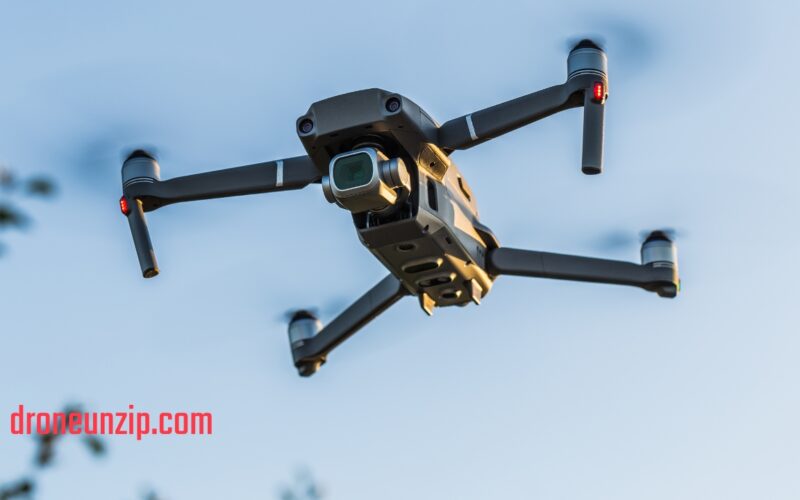Wondering what FPV drones are used for? Discover the top applications, from drone racing and cinematic videography to search and rescue missions, and learn how FPV drones are transforming industries with their immersive first-person perspective.
First-person view (FPV) drones have surged in popularity, transforming industries and recreational activities alike. Unlike traditional drones, FPV drones provide a real-time video feed directly to the pilot’s goggles, creating an immersive flying experience. This capability enables FPV drones to excel in specialized tasks, from competitive racing to cinematic videography. Let’s explore What are FPV drones used for? and diverse uses, highlighting their impact across various fields.
The Technology Behind FPV Drones
FPV drones are equipped with advanced cameras, transmitters, and headsets that allow pilots to see from the drone’s perspective in real time. This immersive experience gives pilots precise control, making FPV drones ideal for dynamic tasks. With high-speed maneuvers and the ability to navigate complex environments, FPV drones have revolutionized both commercial and recreational applications.

What are FPV drones used for?
- Drone Racing
- Overview: FPV drones have paved the way for high-adrenaline drone racing, a sport where pilots race through challenging courses at remarkable speeds. Pilots wear goggles that provide a real-time video feed, allowing them to navigate tight turns and obstacles with precision.
- Significance: Drone racing has gained international attention, with competitive leagues, sponsorships, and televised events drawing large audiences. This sport showcases the speed, agility, and technological advancements of FPV drones.
- Cinematic Videography and Photography
- Overview: In the world of filmmaking and photography, FPV drones are used to capture unique, dynamic shots that would otherwise be impossible. With FPV, filmmakers can film high-speed chases, sweeping landscapes, and intricate movements.
- Examples: FPV drones were famously used in films like “Top Gun: Maverick” to capture high-speed aerial scenes. They’ve also become a staple for travel videographers and event filmmakers, adding a new layer of creativity to visual storytelling.
- Freestyle Flying and Stunts
- Overview: Many FPV enthusiasts engage in freestyle flying, where they perform acrobatic maneuvers, flips, and stunts. These drones are designed for high responsiveness, allowing pilots to push the limits of aerial agility.
- Community: Online platforms like YouTube and social media showcase stunning FPV freestyle videos, where pilots demonstrate skill and creativity. This art form has its own fan base, with communities and contests promoting freestyle flying.
- Search and Rescue Operations
- Overview: FPV drones are increasingly used in search and rescue operations, where time and precision are critical. Equipped with thermal cameras or night vision, FPV drones can quickly cover large areas and access difficult terrains.
- Impact: In mountainous or forested regions, FPV drones help rescuers locate missing persons and deliver essential supplies. Their real-time feedback and nimble maneuvering make them invaluable assets in emergency response.
- Agricultural Monitoring
- Overview: In agriculture, FPV drones assist in monitoring crop health, soil conditions, and livestock movement. Equipped with sensors, these drones provide real-time data, allowing farmers to make informed decisions.
- Advantage: FPV drones help detect crop diseases, assess irrigation needs, and even monitor herds in vast fields. This application reflects how FPV technology supports precision agriculture, improving efficiency and yield.
- Inspections of Infrastructure
- Overview: FPV drones are instrumental in inspecting bridges, power lines, and pipelines, providing detailed visuals without risking human safety. Their ability to maneuver around structures enables inspectors to access hard-to-reach areas.
- Safety Benefits: Drones reduce the need for scaffolding or rope access in potentially dangerous situations, lowering costs and enhancing worker safety. They’re widely used by industries that require frequent, thorough inspections.
- Real Estate and Tourism Marketing
- Overview: In real estate and tourism, FPV drones capture immersive footage that showcases properties and destinations from exciting perspectives. Potential buyers or tourists experience a virtual tour that brings locations to life.
- Application: Resorts, hotels, and high-end real estate properties use FPV drones to provide unique virtual tours. This approach enhances marketing efforts by creating an emotional connection through immersive visuals.
The Rise of FPV Drones in Pop Culture and Sports
FPV drones have also made their mark in pop culture, featuring prominently in music videos, commercials, and live sports events. Their versatility and ability to capture visually stunning, action-packed footage make them a favorite in entertainment.
Why FPV Drones Are the Future of Aerial Technology
FPV drones are not only redefining recreational flying but also paving the way for new applications in various industries. From agriculture to film production, their influence is expanding as technology advances. As FPV drones become more accessible, their uses will likely continue to grow, making them an indispensable tool in the future of aerial technology.
Conclusion: What are FPV drones used for
Whether in high-speed racing or life-saving rescue missions, FPV drones have carved a niche across diverse fields. Their immersive, first-person view gives pilots unparalleled control, opening doors to applications that demand precision, agility, and speed. As FPV technology continues to evolve, so will the creative and practical uses of these versatile drones.
FAQs:
-
What is the main difference between FPV drones and traditional drones?
FPV drones provide a real-time video feed to the pilot’s goggles, offering an immersive first-person perspective, while traditional drones are often operated with a standard remote view.
-
Why are FPV drones popular in the film industry?
FPV drones allow filmmakers to capture dynamic, close-up shots in motion, adding excitement and visual impact to scenes that are difficult to achieve with conventional equipment.
-
How are FPV drones used in search and rescue operations?
FPV drones equipped with thermal or night-vision cameras help search teams quickly locate people in remote or dangerous areas, providing real-time visuals of the terrain.
-
Are FPV drones suitable for beginners?
FPV drones have a learning curve and require practice. Many manufacturers now offer beginner-friendly models, but mastering FPV flying takes time and dedication.
-
Can FPV drones be used indoors?
Yes, some FPV drones are designed for indoor use, especially for freestyle flying and filming in confined spaces. However, flying indoors requires skill and a small, agile drone.
Trending searches
FPV drone vs normal, What are FPV drones used for, FPV Drone Kit, FPV drone military, Best FPV drone

